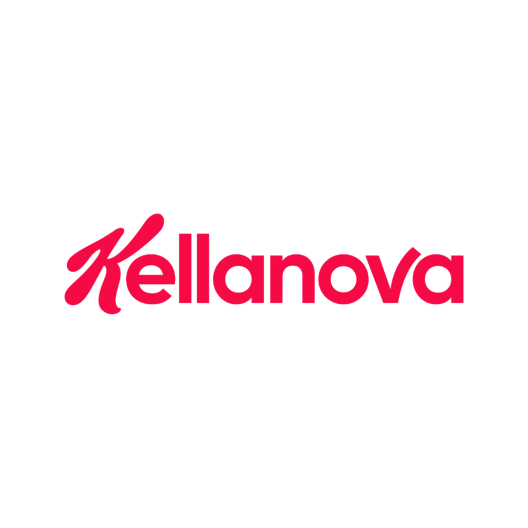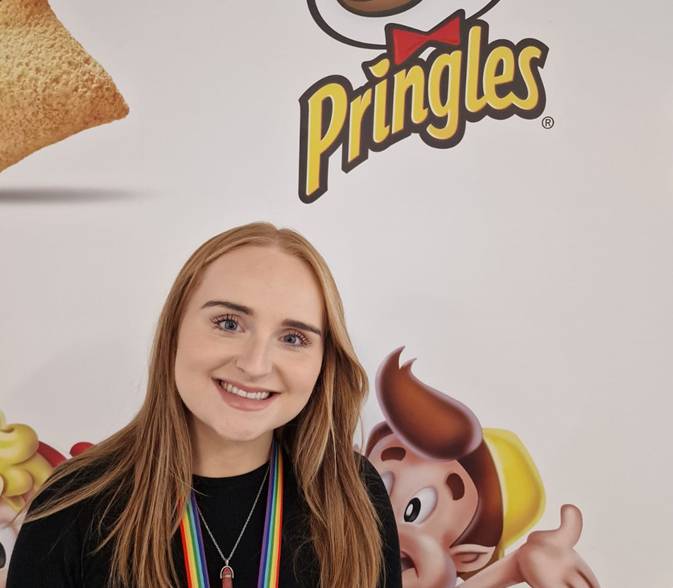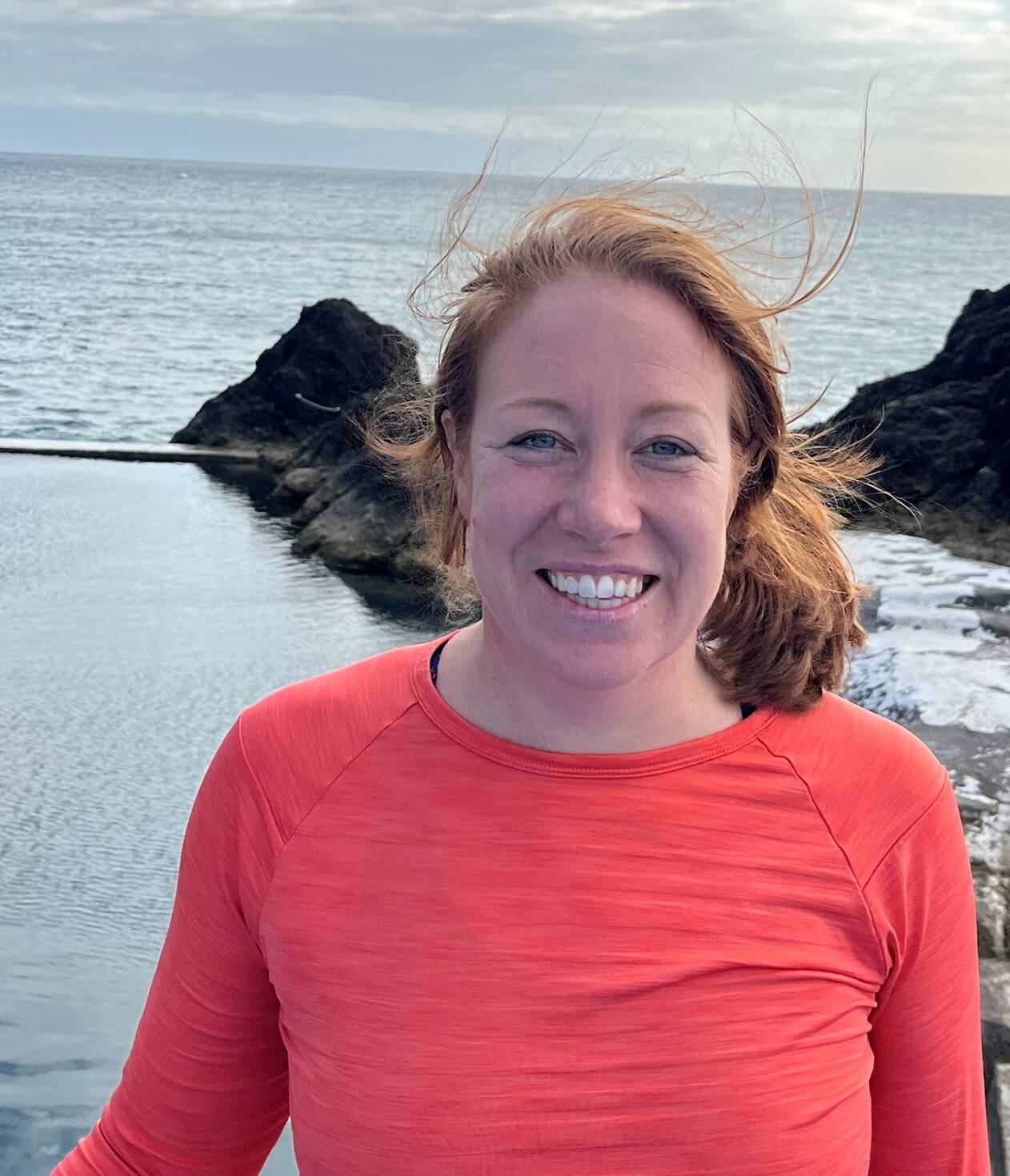
The Importance Of Lesbian Visibility Week: Coming Out and Workplace Acceptance
Interviews
Mhairi Williamson and Vicky Middlemast, from Kellogg's, discuss the importance of lesbian visibility, how challenging it can be constantly come out and what workplaces can do to create a culture of acceptance.
Hi Mhairi and Vicky, thanks for chatting with us! Can you share a bit about yourselves?
Mhairi: My name is Mhairi Williamson (she/her) and I work for
Kellogg in the HR function. I joined Kellogg in September 2021 fresh from
university and moved from Glasgow to Manchester for the role.
Vicky: I’m Vicky Middlemast, I work as Sales Director for Tesco
Group at Kellogg in the UK. I’m proud to be a bisexual female in a senior role
in our business.
What does Lesbian visibility week mean to you?
M: For me, Lesbian Visibility Week is about celebrating how far we have come in the lesbian community and recognising how many strides we still need to make. It's vital to spread awareness and empower those within the community while educating our allies and the wider world. Even growing up in the early noughties there were still few lesbians around me, I think Lesbian Visibility Week helps to showcase proud lesbian voices and role models in a way that celebrates self-expression and owning your lesbian identity.

Mhairi Williamson
Did you see yourself represented in the media growing up?
V: I identified as straight until I was 18 and looking back,
I think seeing more representation of LGBTQ+ characters could have helped me be
more open-minded about considering my sexual orientation at an earlier age.
Do you think the representation of lesbians and queer
women has changed for kids growing up now?
V: I’d say it’s easy to find representation if you seek it
out, so in our family, we have books for our 4 and 5 year olds about a frog
prince that wants to be a princess, and had a book called Mama and Me about a
baby with two mums. However, I think if parents don’t actively seek to expose
their children to the spectrum of different identities, then it’s also easy
for children not to see the representation of lesbians and queer women. Whilst
there was positive publicity around the first lesbian characters in Peppa Pig,
it took 18 years for that storyline to be included.
I still often feel like my wife and I are the first LGBTQ+ people
that many of our children’s friends have met, and whilst it’s nice to be able to
play that role in broadening young minds, I think it’s important for straight
parents to think about how they can incorporate different stories or
experiences into their children’s lives whether it’s attending a community
Pride event, a drag queen storytime or seeking diverse story books.
I always think about the fact that most LGBTQ+ kids of the next generation will be born into straight families, and so it’s really important that it isn’t just children of LGBTQ+ parents that have the visibility of lesbian and queer families.

Vicky Middlemast
What are some challenges you’ve faced that most people
don’t realize?
M: As a more femme-presenting lesbian, I would say my
biggest challenge is that I am constantly coming out. I fit quite typically into the
heteronormative standards set for women, and I often hear I don’t typically
“look like a lesbian.” Having to prove my place in the community can be draining
and explaining my sexuality to new people can often be daunting as I never know
how they are going to react. I think there is always an internal battle about
how personally I should take comments like “You don’t look like a lesbian.” I
never want to seem like the preachy lesbian in the corner but comments like
this fuel a stereotype of what lesbians “should” look like when in reality,
all lesbians are different and how we look doesn’t correlate with our
sexuality.
What are some tips you would give someone who wants to be
a better ally?
V: There are a few things; first, speaking up to challenge if
you someone says something that could be hurtful or discriminatory, even if
there’s no one that’s LGBTQ+ in the conversation. Secondly, I think it can also
help to reference in everyday conversations. For example, I remember a previous
manager mentioning early on “I saw my uncle and his husband for dinner” and
that instantly made me feel more comfortable and confident that I was less
likely to be judged or seen as different for being LGBTQ+. Or it’s great to
show an openness and say things like “When my son has his first girlfriend or
boyfriend, I’ll…” and just actively demonstrate that openness. The final thing
is that I personally appreciate people asking questions or seeking to
understand more. There is a balance, but I generally would encourage people to
initiate conversations and be open to learning more. A mentor of mine actively
asked for photos of our family and shared with me how she was helping her kids
understand families with two mums or two dads by telling them our
story, and I really loved that.
Throughout your career, have you been able to see
yourself represented in senior staff?
M: Sadly, I have many strong female role models, but none are lesbians. I think this has fuelled the desire within me to climb the
ladder at work and be proud to talk about my lesbianism.
Have you ever struggled to come out at work?
M: I have been very fortunate that I have always felt
comfortable to come out at work. I do understand I benefit from femme privilege
and if I wanted to, I wouldn’t necessarily have to ever come out. For me, this
makes it even more important to be out at work because it can be so difficult
for others across the community to do so. I think the more I own my sexuality
at work the more comfortable others are in coming out or knowing me better
within my team.
How do you think organizations can ensure
everyone feels comfortable being themselves in the workplace?
M: I think the best way to do this is policy. Make
inclusive, relevant policies that ensure every marginalized group is protected. I
would also say to ensure people of every background and identity are represented
in your workforce. Diverse talent creates diverse narratives that allow even more
creativity and ideas. Having diverse people around the table makes others feel
more comfortable bringing their full selves to work.
V: Then as individuals, small things can make a big
difference, like using pronouns on an email signature is just a really simple
sign of being open-minded to the LGBTQ+ community or making the time to show
up at events or virtual sessions.

